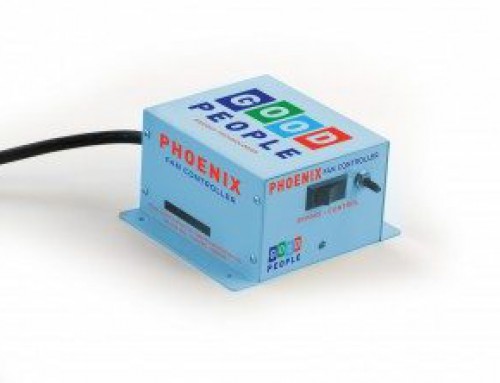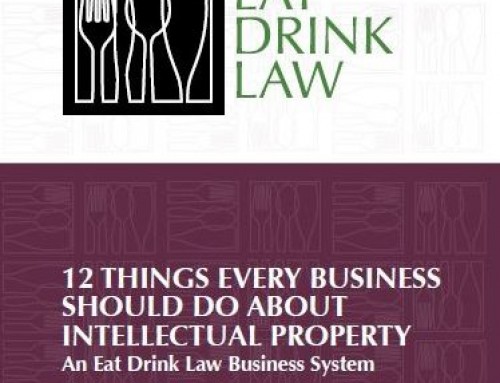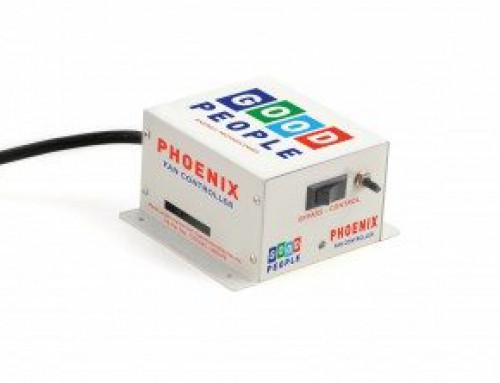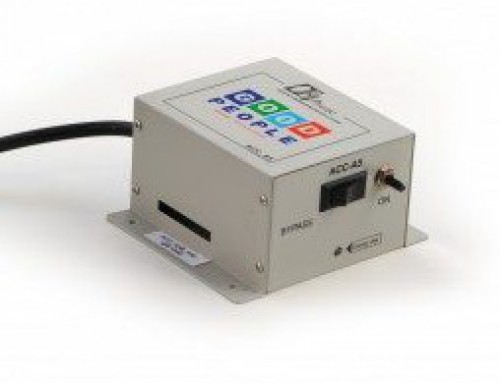Thinking about “Know-How” as an asset is a relatively new phenomenon. A lot of business owners just don’t think this way, even if business school professors, consultants, and IP attorneys do. But know-how is the secret ingredient (sometimes literally) to lucrative and mutually beneficial licensing arrangements between many companies.
First off, know-how broadly means the knowledge (including data, business processes, and skills) used to do whatever your business does. Know-how is most commonly the domain of trade secrets, but it can also include copyrighted media, software, and materials and even patents (if you have them). In many transactions, there is also a human element that includes the knowledge and abilities of your employees to customize, develop, or support your other know-how assets.
For a small manufacturer, that might include how to setup and maintain their production line, what its real-world capabilities and best uses are (regardless of what the spec sheet says), equipment customizations and accessories, critical features or material considerations to maintain product quality or meet unstated customer specifications, or years of specification, production, and quality data and related knowledge of the employees who have been there and done that.
Leaving Money on the Table?
When you are selling a product, it is easy to get so caught up in being paid per unit that you don’t even think about all of the know-how that makes it possible. Even when you start thinking about the knowledge and skills of your employees, people turn to the consulting model and may sell hours of their staff time for support, service, or development. Certainly, that’s better than giving staff time away, but it still may not capture the true value of the transaction.
The same thing occurs in service businesses. A company that provides development services for new product formulas may be tempted to sell a flat development service or base it on the hours their development staff spends on the project. But selling hours may not really get to the value of what is going on. Depending on how the product performs, it could be overpriced or underpriced. What is the incentive for the development company to put their best people and keenest insights into any given project?
People Pay for Know-How
Clearly, people are always getting know-how embedded in products or expressed in the hours of a service provider. But increasingly, businesses aren’t necessarily looking for a physical product. They may have their own production capability or know that it can be gotten cheaply from a contract manufacturer. Or they may be looking to leverage your brand for a project outside your normal product or service area. They could see a new market or business opportunity that is outside your core business or you lack the resources to pursue and want to run with it themselves. Or a customer may come to you for a custom product that doesn’t justify your full investment, but you could certainly help with.
In each of these cases, producing a product doesn’t really meet the objectives. Depending on your staff availability and commitment, a service model may not really pay either. What’s needed is the flexibility to license and get paid for your know-how.
IP Holds the Key
This is where a creative IP attorney can help you structure a win-win transaction to leverage your know-how without requiring your production capacity or a large commitment of staff resources. Patents are certainly the easiest form of know-how to license. So, if you have the creativity, foresight, and budget to patent your know-how, you can use one of many patent licensing models. But for everyone else, you need to take a broader view of your know-how.
Do you have databases, training materials, or other compilations of technical or business know-how that others need?
Do you have trade secret information that can be defined and licensed to someone else?
Do you have service or development capabilities that can support a royalty payment structure (rather than just fee for service)?
Can you use your know-how to add value to a trademark license, development project, or joint venture? In the information age, what you know may be worth more than your physical assets, but you have to be proactive to capture the value.
For more about protecting your know-how as trade secrets check out this post on protecting recipes and formulations.








